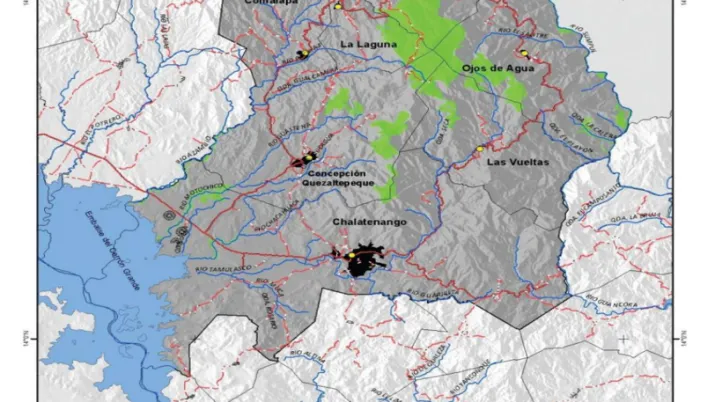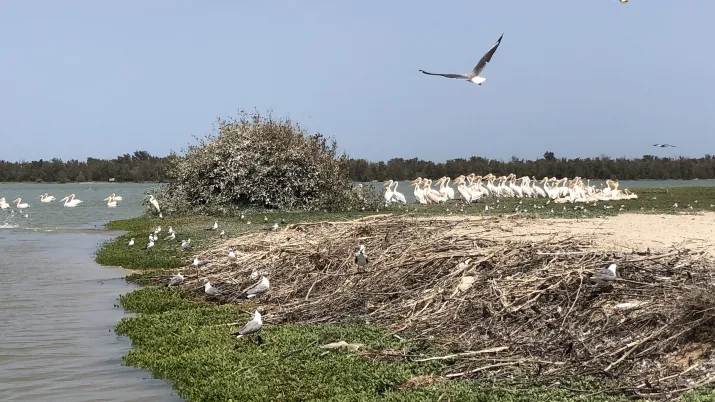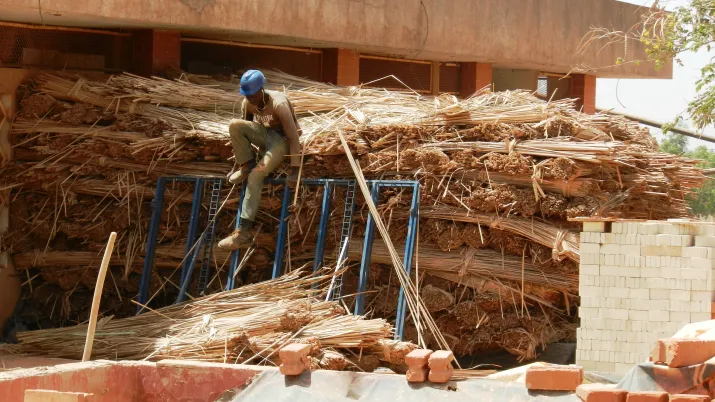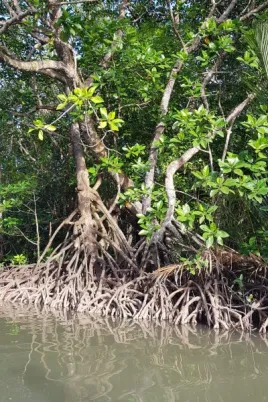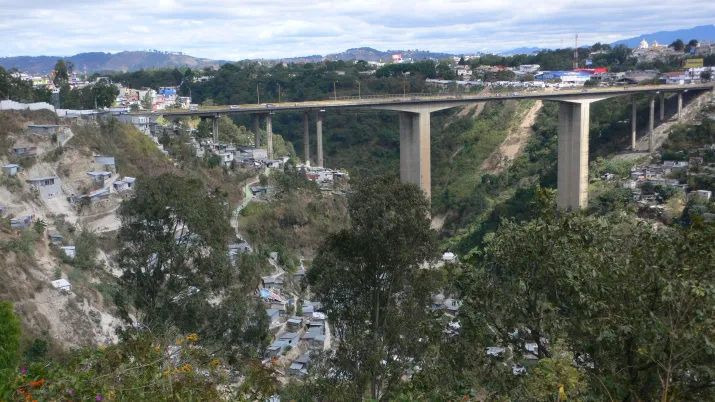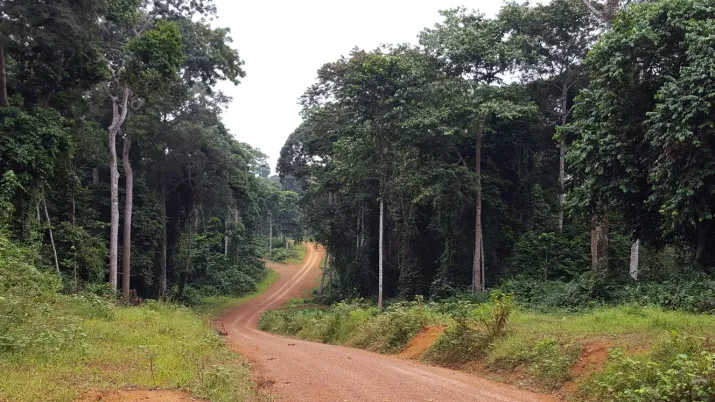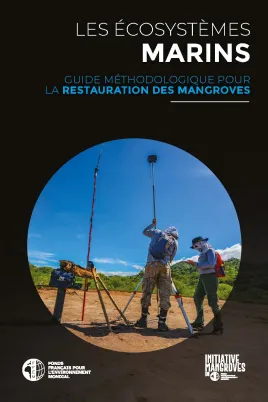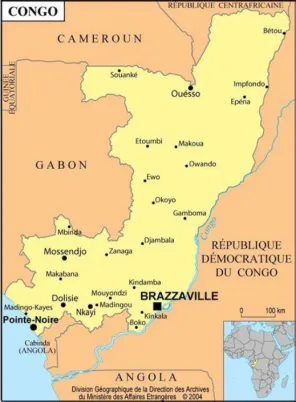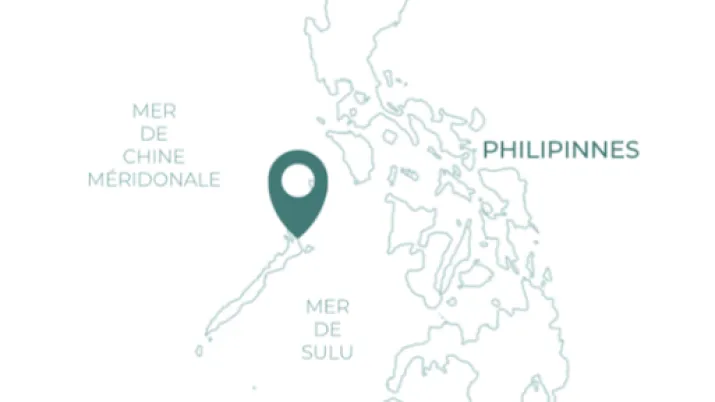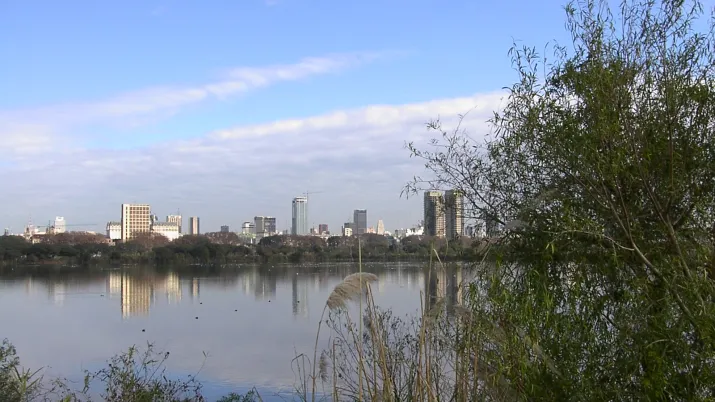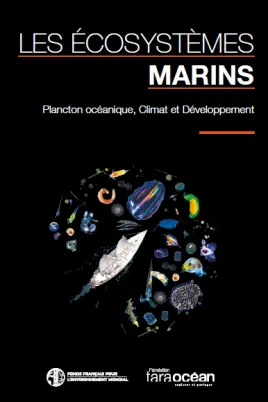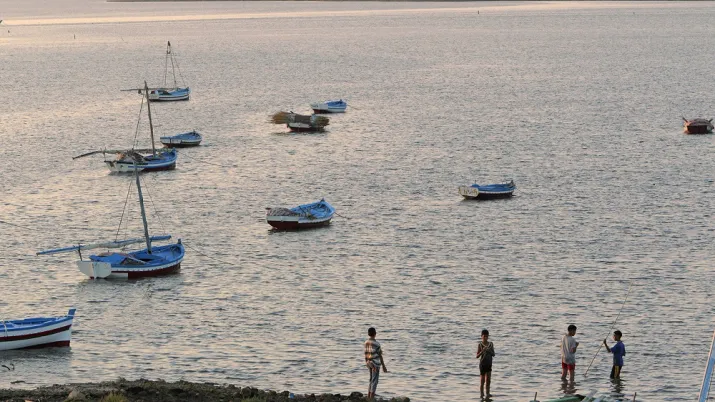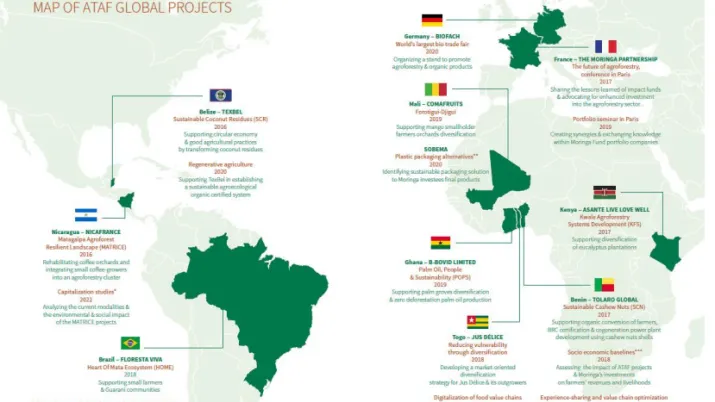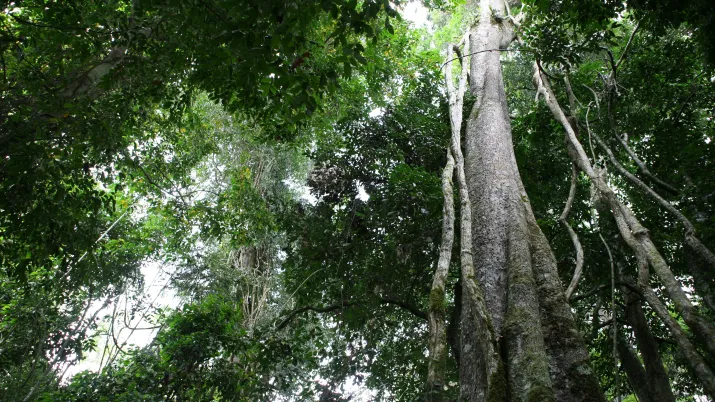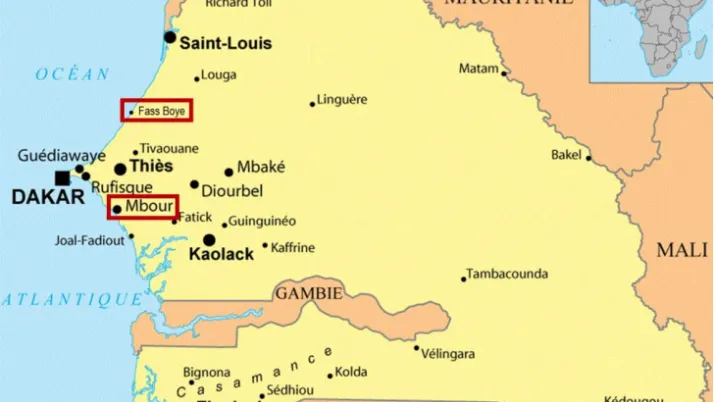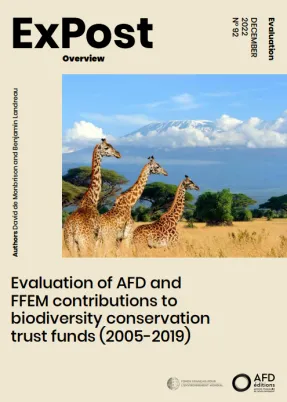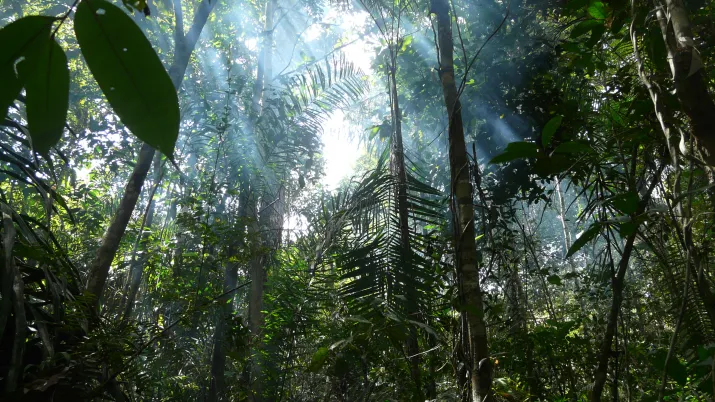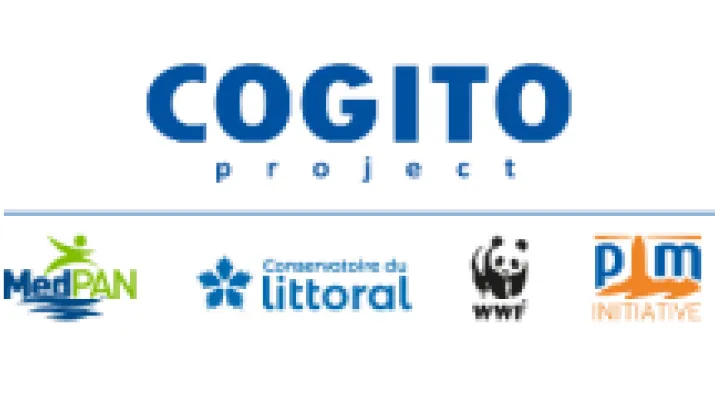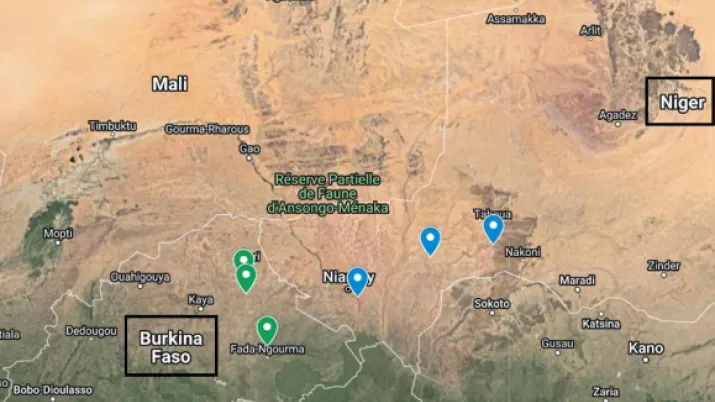Publications and media
Nouvelles d'Afrique -TV5 Monde - Organic and Fair Trade Pineapple from Benin - 2024
To protect agricultural and forest resources while improving living standards for local communities, environmentally sound fair trade value chains are a highly effective tool. Building on the success...
Published on
Evaluation overview of the project "La Montañona"
La Montañona, located in Chalatenango, El Salvador, is a key forest massif that plays a vital role in securing water supply for the sub-region. Managed by the Mancomunidad, a consortium of seven munic...
Published on
Evaluation overview of WACA Project
The main objective of the project was the monitoring and management of coastal risks in West Africa and the promotion of “soft solutions” for preventing and protecting against these risks, through the...
Published on
Evaluation summary of the integrated production system for sustainable cashmere project (SPI-CD)
Cashmere, an exceptionally fine animal fiber, is produced mainly in China and Mongolia, with around 40% of the world's cashmere coming from nomadic herds in Mongolia. The aim of the SPI-CD project...
Published on
Evaluation overview Typha Combustible Construction Afrique de l’Ouest project (TyCCAO)
Typha australis is a fast-growing reed which has been proliferating in the Senegal basin at increased rate following construction of the Diama anti-salt dam in 1988. This proliferation raises serious...
Published on
Mangroves Initiative - Restoring mangrove ecosystems
Mangrove Ecosystem Restoration: Evaluation and Improvement of Practices through a Comparative Study of Projects on a Global Scale – Lisa Macera. To achieve these objectives, a geographical analysis...
Published on
Evaluation overview of the project "Guatemala City Green Belt"
The 44 municipalities which comprise the city’s wider metropolitan area are home to 25% of the country’s population and also constitute Central America’s most populous conurbation. The extensive urban...
Published on
Evaluation overview of the project "Public-private partnership to sustainably manage the Central African Fores...
The countries involved in the P3FAC Project (Cameroon, Congo, Gabon, CAR, DRC) are shaded by around 160 million hectares of dense rainforests, home to 10% of known global terrestrial biodiversity. Yet...
Published on
Marine ecosystems: the restoration of mangroves
The FFEM has supported multiple projects dedicated to the protection, management and restoration of mangroves, as part of its strategy on Resilience of aquatic ecosystems. To improve their effectivene...
Published on
Evaluation overview of the project Essential Services Unit (ESU) in a rural area powered by a tidal stream tur...
Despite having a rich and varied supply of energy sources, the electricity access rate in the Republic of Congo remains low, particularly in rural areas where it is below 15 % (World Bank, 2020). This...
Published on
Evaluation overview of the Shark Fin Bay project
The aim of the Shark Fin Bay project was to restore biodiversity and fishery resources in Shark Fin Bay for the benefit of local populations and their food security, through the establishment of commu...
Published on
Evaluation overview Urban Nature Reserve and Managing Climate risks in the city of Santa Fe project
The overall objective of the French Facility for Global Environment (FFEM) project entitled “Creation of an Urban Nature Reserve and Managing Climate risks in the city of Santa Fe” is to design and de...
Published on
Marine ecosystems: Oceanic plankton, Climate and Development
The collaboration between the FFEM and the Tara Ocean Foundation began in 2015 with the instruction of the Ocean Plankton, Climate and Development project: it was the beginning of a collective adventu...
Published on
Evaluation overview The “Sustainable Small Islands Initiative” SMILO project
The “Sustainable Small Islands initiative” has the goal of responding to the need for support and dialogue between the leaders of these territories in order to initiate, promote and enhance approaches...
Published on
Evaluation overview Agroforestery Technical Assistance Facility (ATAF) project
The Agroforestry Technical Assistance Facility (ATAF), launched in 2016 to complement the Moringa Fund, aimed toto encourage the development of sustainable agriculture based on agroforestry, with the...
Published on
Note for project iniators using "carbon finance"
Carbon finance is essentially a way of assigning a value to the climate impact of actions on the ground. Carbon finance mechanisms were introduced through the Kyoto Protocol. They allow developed coun...
Published on
Evaluation overview of the FISP Use of solar-powered cooling to help Senegalese fisheries better adapt to clim...
The artisanal fishing industry plays a very important role in Senegal. The green energy operator, Valorem, came up with the idea of developing and commissioning a demonstrator – CryoSolar – to meet th...
Published on
Evaluation of AFD and FFEM contributions to biodiversity conservation trust funds (2005-2019)
Among the eight CTFs supported by AFD and FFEM since 2005 and which are the subject of this study, three are regional, the first covering three Central African countries (FTNS), a second focusing on M...
Published on
Press Release - Vital reserves in Amazonia
The French Facility for Global Environment, Conservation International to support world’s Vital Reserves. €2.5 million investment aims to address both climate and biodiversity crises in Amazonia
Published on
Evaluation summary of the COGITO project
In a context of increasing pressures on natural resources in the Mediterranean, the COGITO project aimed in particular to demonstrate that through consolidating processes and actions on pilot sites in...
Published on
Evaluation overview Project Forest and Landscape Restoration and Sustainable Land Management in the Sahel (RFP...
Regarding the challenges of desertification in the Sahel, with repercussions on food security and livelihoods, the Forest and Landscape Restoration (FLR) and Sustainable Land Management (SLM) Project...
Published on


